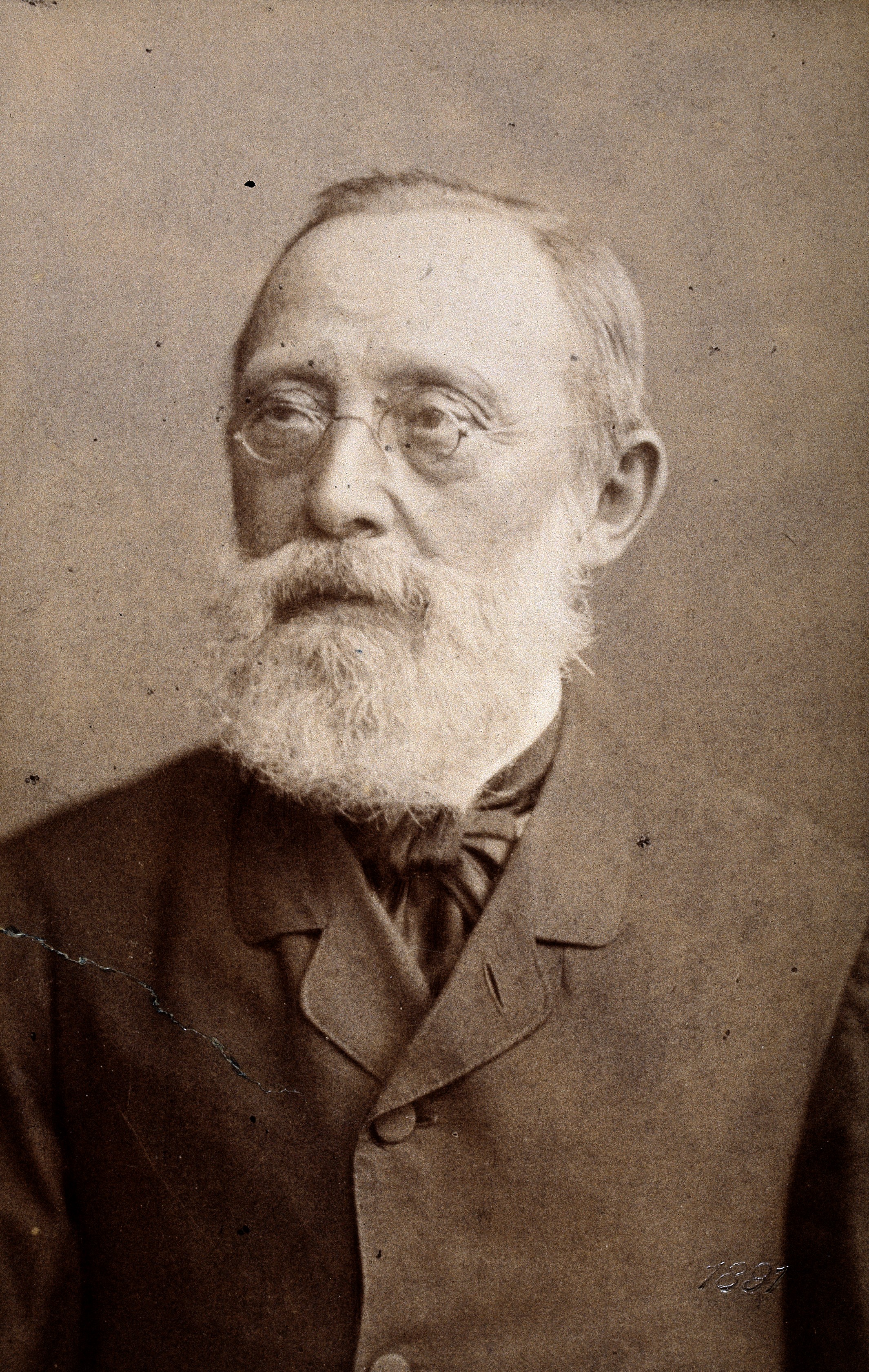1848 (quoted in Infections and Inequalities by Paul Farmer, page 1.
Rudolf Virchow: Frases em inglês
Liebt man sich wirklich, so ist es ja nicht schwer, die Toleranz zu üben, denn die Toleranz ist die Tochter der Liebe -- es ist die eigentlich christliche Eigenschaft, die freilich von der heutigen Christenwelt nicht geübt wird.
in a letter to his father dated 7 April 1851, published in Briefe an seite Eltern, 1839 bis 1864 (1907).
“Between animal and human medicine, there is no dividing line—nor should there be.”
1856 (Quoted in: Klauder JV: Interrelations of human and veterinary medicine. N Engl J Med 1958, 258:170-177).
attributed to Rudolph Virchow Coper, H., Herken, H., 1963. Dtsch. Med. Wochenschr. 88,2025– 2036. cited by 1. Gelman BB, Soukup VM, Schuenke KW, Keherly MJ, Holzer C, Richey FJ, et al. Acquired neuronal channelopathies in HIV-associated dementia. J Neuroimmunol. 2004;157(1–2 SPEC. ISS.):111–9.
1849 (quoted in Pathologies of Power, by Paul Farmer, page 323).
1849 (R. Virchow. Der Mensch (On Man). Berlin, 1849. English translation in: L. J. Rather, Disease, Life and Man -- Selected Essays of Rudolf Virchow, Stanford University Press, Stanford, CA, pp. 67–70, 1958).
“The future is with the vegetarians.”
Quoted in Consuming Culture in the Long Nineteenth Century: Narratives of Consumption, 1700-1900, edited by Tamara S. Wagner and Narin Hassan (Lexington Books, 2007), p. 19 https://books.google.it/books?id=NAEZBjQwXBYC&pg=PA19.
